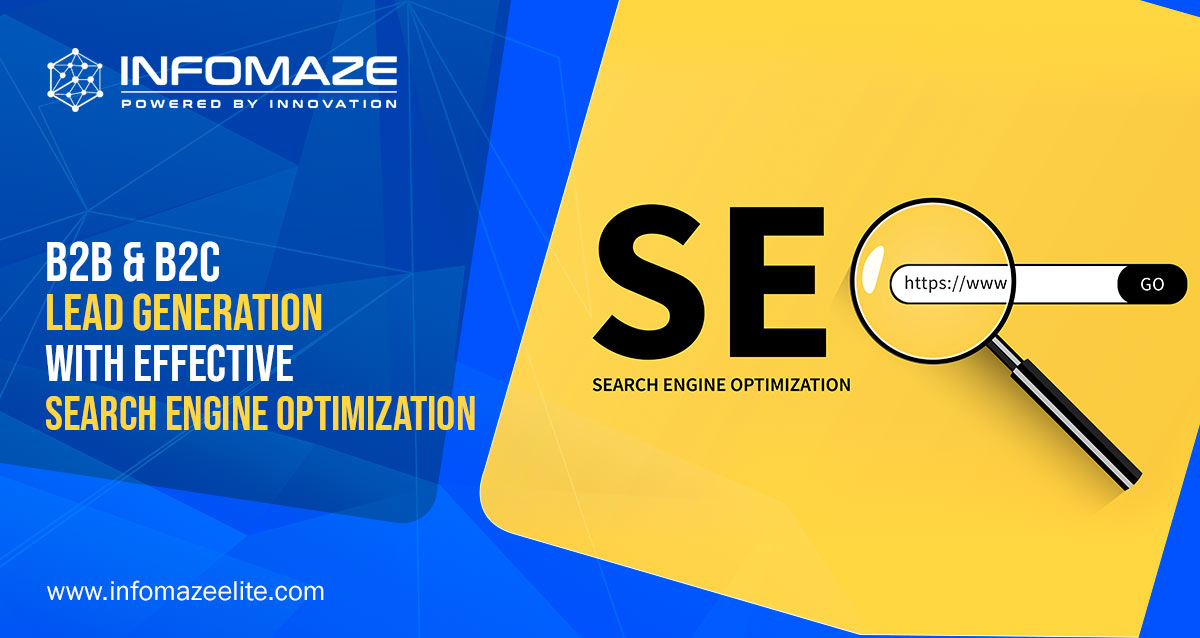The Importance of Technical SEO for Website Success
In this digital world of today, everyone has a website filled with content. What makes you exceptional is the URL structure, the features, the attractive template, the page loading speed, and simple and easy access. All this will make your ranking at the top of the search engine ranking page (SERP). This part of your SEO is called Technical on-page SEO, where you analyze and manage all the technical aspects of your website.
In this blog, we will learn more about what is technical SEO, its importance, and some tips to master the art of technical SEO for success.
What is a Technical SEO?
Technical SEO is the process of optimizing a website’s technical characteristics in order to improve its search engine visibility and user experience. It is concerned with issues such as crawlability, website loading speed, mobile responsiveness, URL structure, and security.
Technical SEO optimization ensures that search engines can simply access, comprehend, and rank the content on your website. This optimization not only enhances search engine results but also increases user engagement by making the site faster, more secure, and easier to use. In simple words, technical on-page SEO is the core component that allows a website to perform effectively in search results while also providing a consistent experience to its users.
The Role of Technical SEO in Website Optimization
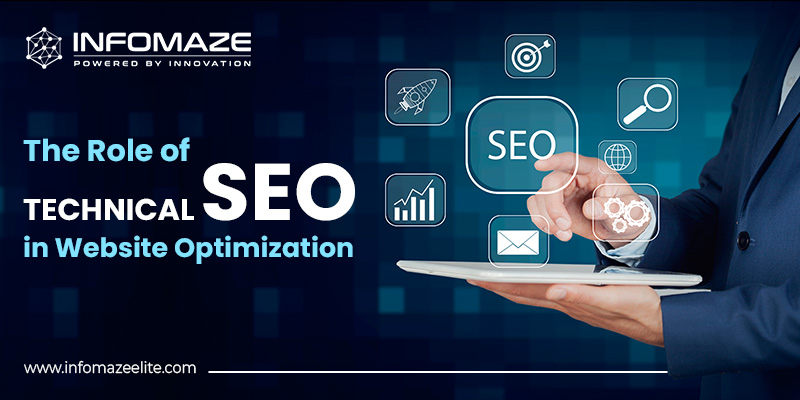
Understanding and implementing technical SEO best practices is very important because it is a time-consuming and complex process. But technical SEO not only ensures your visibility in the search results but also ensures an attractive and friendly user experience.
Here are some of the main aspects of the role of technical SEO in website optimization:
- Loading Speed of Page
- Mobile Friendly Interface
- Canonicalization
- URL Structure
- Safety and Security
- XML Sitemap
- Schema Markup
Maximizing Website Growth with Technical SEO

Here are the factors on why technical SEO is important for website optimization:
-
Search Engine Visibility
Technical SEO helps search engines successfully crawl and index your website. Technical elements like XML sitemaps, robots.txt files, and canonical tags that are properly optimized ensure that search engines can understand and rank your content.
-
Speed and Performance
Speed is an important ranking element, and technical SEO optimization can help you in improving your website for faster loading times. A quicker website not only pleases search engines but also enhances user experience by reducing bounce rates and improving engagement.
-
Mobile Friendly Interface
With the increased usage of mobile devices, it is critical to have a responsive design and mobile-friendly website. As Google uses mobile-first indexing, a poor mobile experience could impact negatively on your rankings.
-
Index and Crawl
Technical SEO helps search engines comprehend the structure of your website. Clean code, well-structured URLs, and easy navigation make it easier for search engine crawlers to look at your site.
-
URL Structure
A well-organized URL structure improves browsing the website for both people and search engines. Click-through rates and user engagement can be increased by using descriptive and hierarchical URLs.
-
Content Duplication
Technical SEO analysis helps in identification and addressing the duplicate content issues, which can decrease the authority of your sites and confuse search engines. Canonical tags and 301 redirects can help in addressing these issues.
Tips to Master Technical SEO For Long-Term Success
-
Algorithm Changes :
Search engines have ever-changing algorithms. Understanding and keeping up with the trend is crucial for the online visibility of your website. Technical on-page SEO helps you to identify and analyze these rapidly evolving algorithms.
-
Error Identification :
Page loading speed, and missing or broken links can be identified with an analyzing tool that can address and fix this issue easily and precisely.
-
Competitive Advantage :
It gives you superiority by identifying the errors and comparing them to your website. This gives you the upper hand to outperform them.
-
Improved User Experience :
Improving the user experience is very important for your website ranking. In order to improve them you should first analyze the current user experience and then optimize it.
-
Data-driven Decisions :
Technical SEO is entirely based on data. Technical SEO analysis offers you information about the areas in your website that require extra improvements and that are working perfectly fine.
Final Thoughts on Technical SEO Optimization
Technical SEO is basically the backbone of your website. It is crucial for search engine rankings because it ensures that search engines can easily crawl and index the content of your website. This optimization helps search engines understand the structure and content of your site, resulting in increased exposure in search results. When customers find your site fast, safe, and simple to use, they are more likely to stay engaged, reducing bounce rates and increasing conversion chances, making it a win-win situation for both SEO rankings and user satisfaction.
Only an excellent service provider can offer you the best services. That’s why you have Infomaze, we offer technical SEO services at an affordable cost. Our team of SEO experts has the potential to offer you the technical SEO best practices. Plus, we are a trusted and the best service provider in the industry.
So whether you want to use these factors and tips on your own or hire professional SEO services, the road to website success starts with understanding technical SEO analysis.
Categories
- Application Migration (8)
- BI (7)
- Case Study (24)
- CRM (8)
- Dot Net (7)
- Informational Blog (63)
- IT Help Desk (8)
- Microsoft 365 (2)
- Mobile Application (9)
- Offshore Development (10)
- Outsourcing Services (1)
- PHP (9)
- PowerBI (7)
- QuickBooks (6)
- ReactJS (4)
- SEO (13)
- SharePoint (3)
- Web Application (8)
- Zoho (11)
- Zoho Case Study (27)
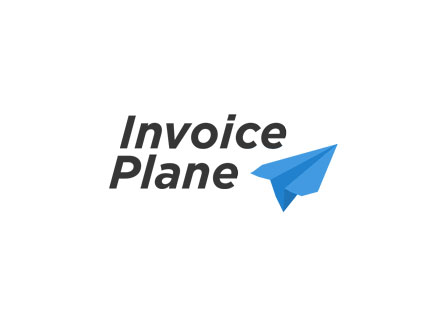
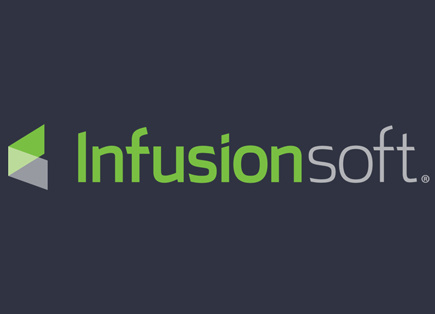

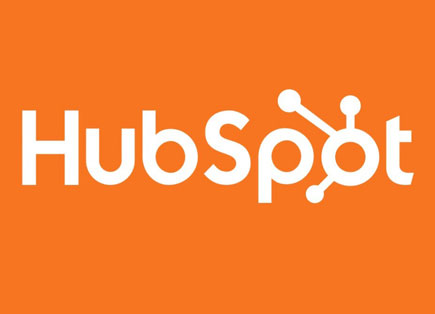
Disclaimer: All rights belong to the owner. No Copyright or Trademark Infringement Intended.


